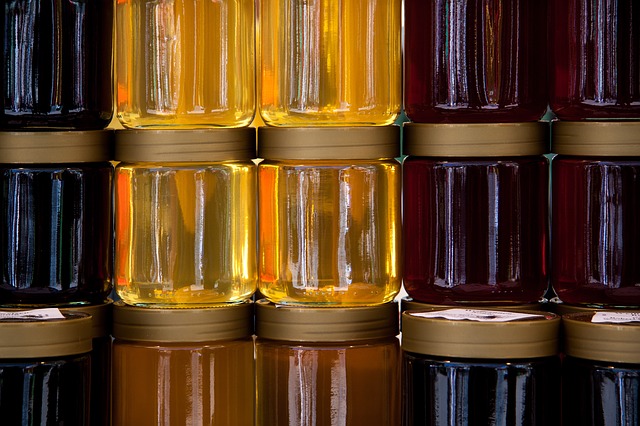Food Fraud is not something new and has been reported since the 1820’s. What is new is the scale and lengths to which people will go to commit this fraud for their own financial gain. This is why food fraud is also known as EMA or economically motivated adulteration. It is all about how much money the criminals can make from unsuspecting buyers around the world.

Consumers are at the mercy of labels and if these are not a true representation of what is inside the pack, the consumer has been defrauded. Is the olive oil really virgin oil? Are the organic vegetables really grown according to sound organic practices? If not then the consumer is paying a higher price for nothing and this amounts to fraud. There may be nothing wrong with the food, as it is safe to eat but perhaps consumers are cheated out of nutrition, not only money. It can however also be extremely dangerous, for example if a spice is adulterated with peanut or almond powder. These are Allergens with life threatening implications for those who are allergic.
Recently the local South African media have reported widely on fraud involving honey. In this case the reports are of producers in Kwazulu-Natal blending honey with cane sugar syrup. This is termed adulteration. The product is labelled as honey and people pay the price close to that of pure honey but in fact receive the adulterated product. The real beekeepers who charge the full price for a pure product are put under pressure and this could affect the sustainability of the industry. This is where fraud can have social or environmental implications not to mention the health issues mentioned above.

Products are likely to be targets of fraud when the prices rise faster than what users are prepared to pay. Criminals see an opening to make money. This is also typical in the event of climate disasters such as cyclones or monsoon rains. Cyclones in Madagascar can drive the Vanilla price significantly higher. With the high prices, small amounts of adulteration enable people to make significant gains. Monsoons in India may affect the Basmati rice crop, so blending in a small amount of a cheaper rice variant enables people to make money off unsuspecting consumers.
Another form of fraud is counterfeit products. Criminals typically choose the best known brands and produce them with “copy” labels. These may however be produced in unsanitary conditions or for beverages using water that is not fit for human consumption. Once again these products will be sold a bit cheaper than usual, making them attractive to the unsuspecting consumer. In the South African context they are more likely to be sold in informal outlets or spaza shops. There is little regulation of such vendors and products may go unnoticed for some time. Such products have recently been reported on the East Rand involving Coca Cola branded beverages.
According to GFSI documents, there are at least 7 types of food fraud defined. This is a growing global problem which is estimated to be worth billions of US Dollars. Different types of products may be affected in different countries but the high value items are certainly targeted the most. By watching import statistics, pricing, crop volumes grown and traded, some markets are starting to be able to predict when and where the fraud will occur.
As food manufacturers or distributors it is increasingly important to be aware of and to understand this issue. Food fraud is now also part of many of the food safety management system audits. These require a risk assessment with mitigation plans for any significant risks, which is bringing the topic more to the fore within the industry.
About the Author:
Nicola Brook is the Director of Foodpath, a business which offers credible training and consulting to help the food industry meet their food safety objectives.





